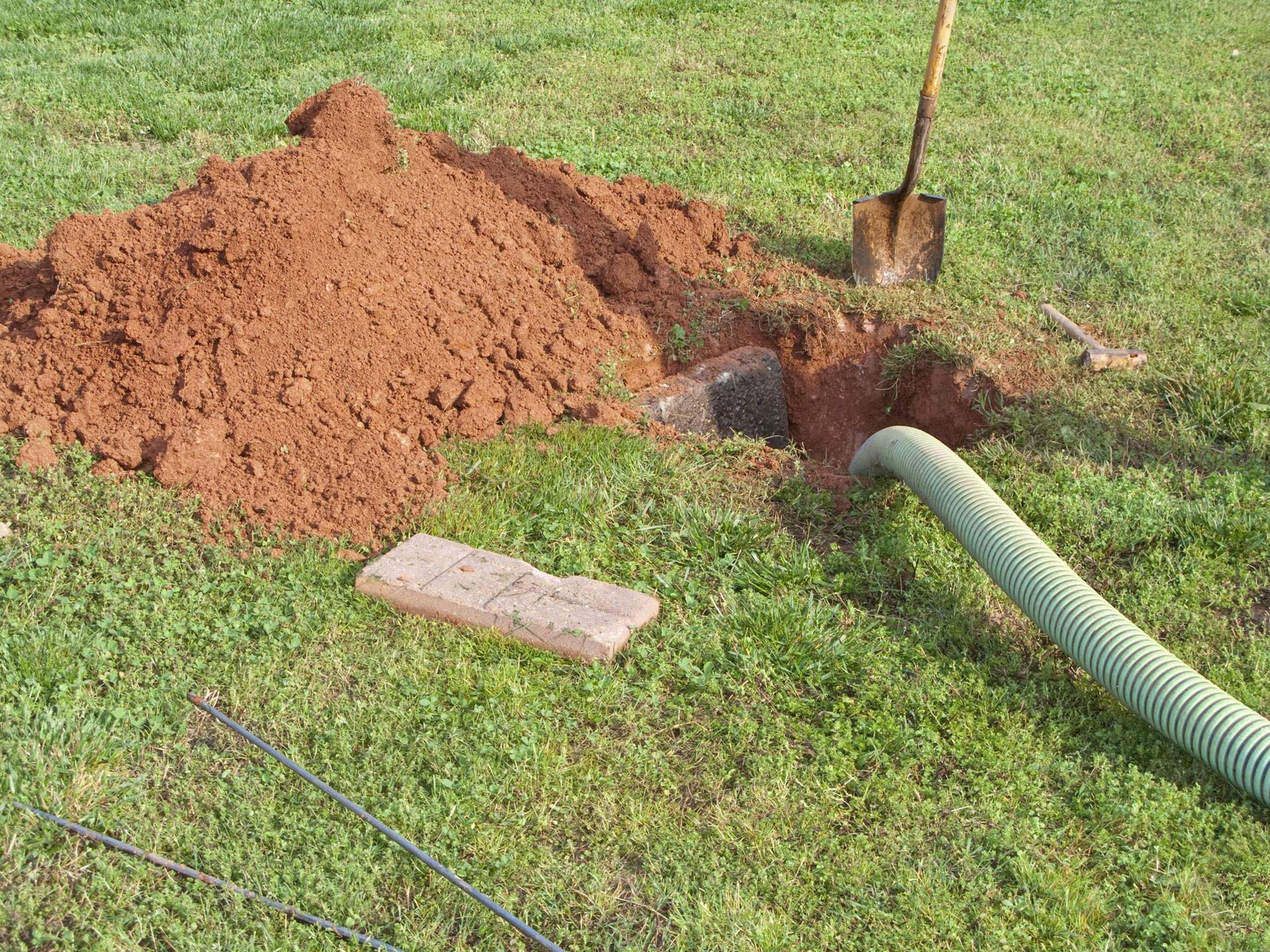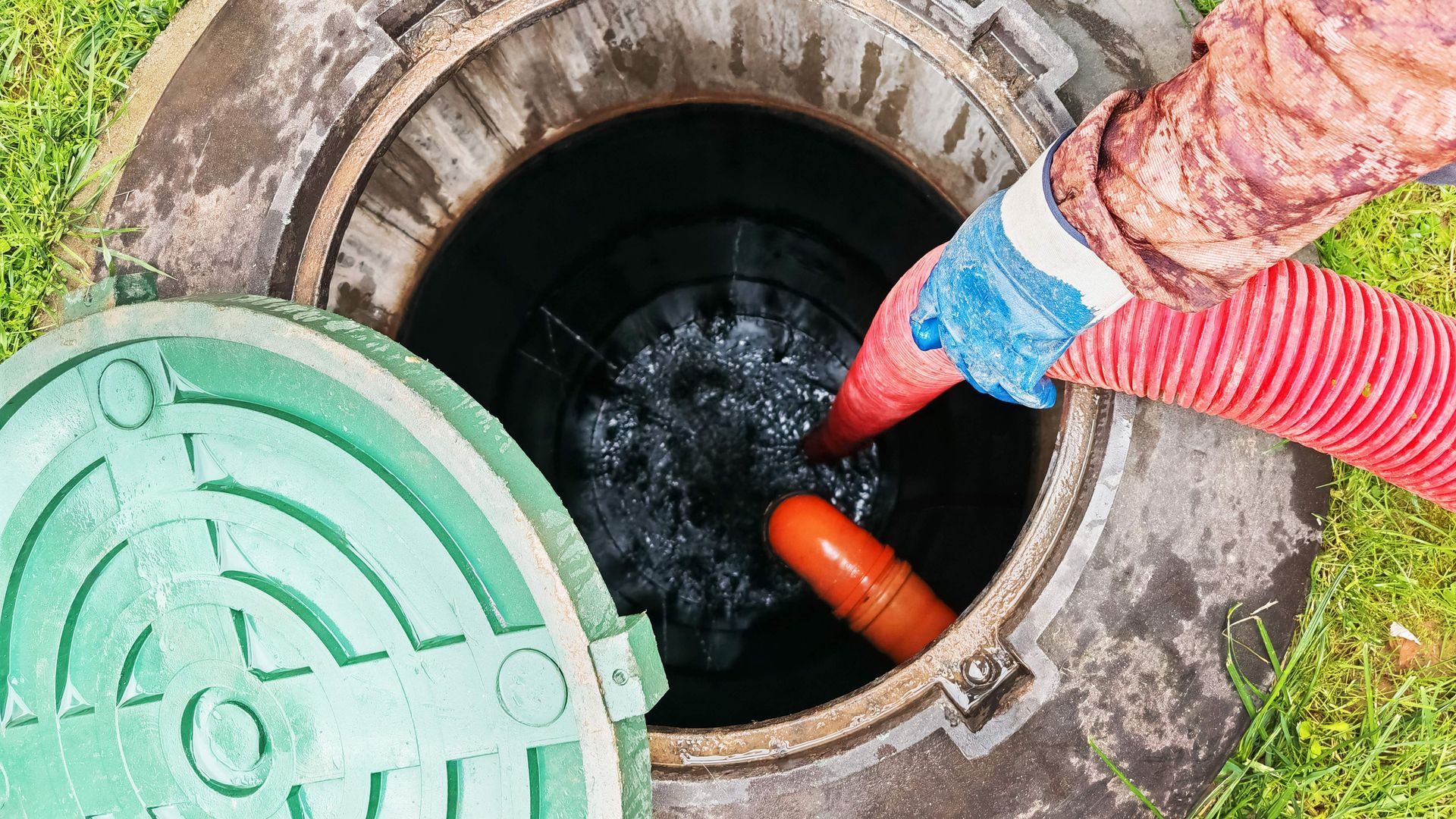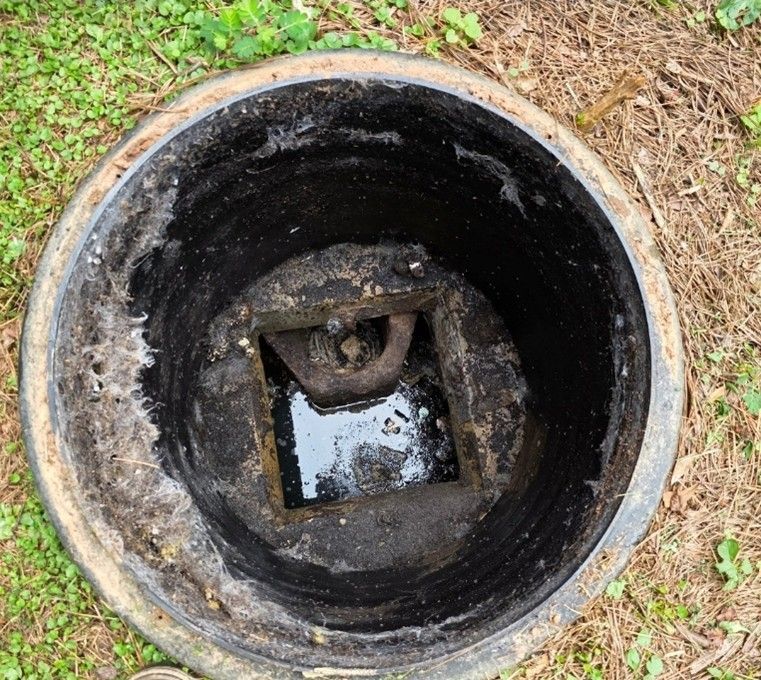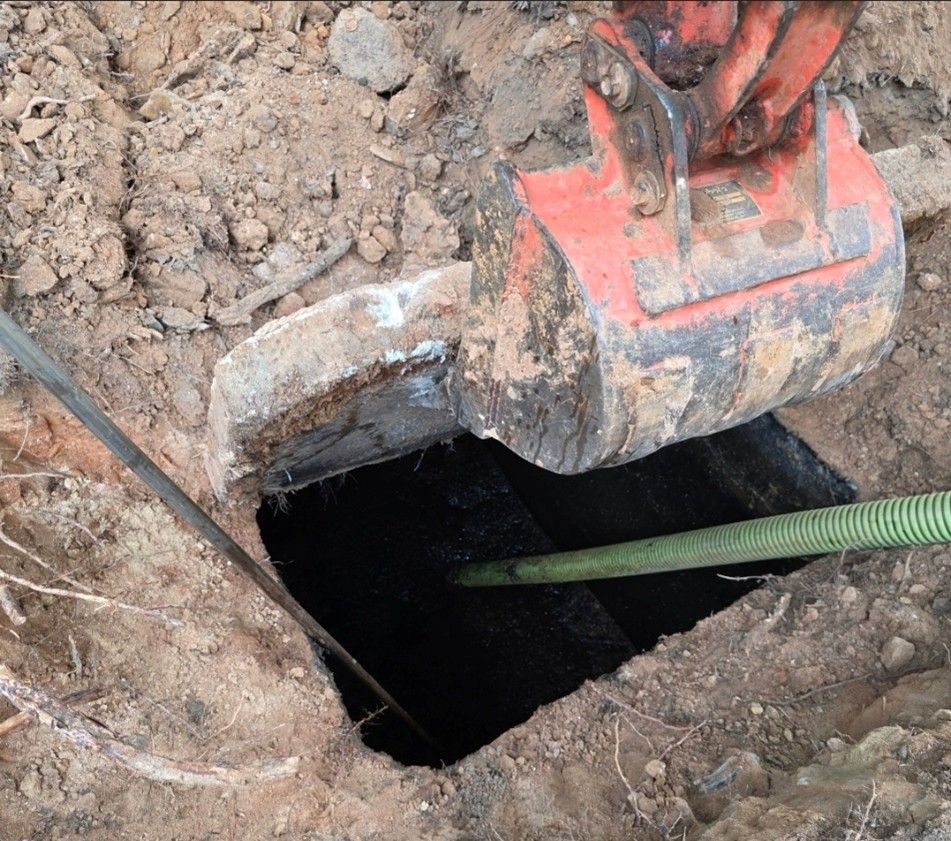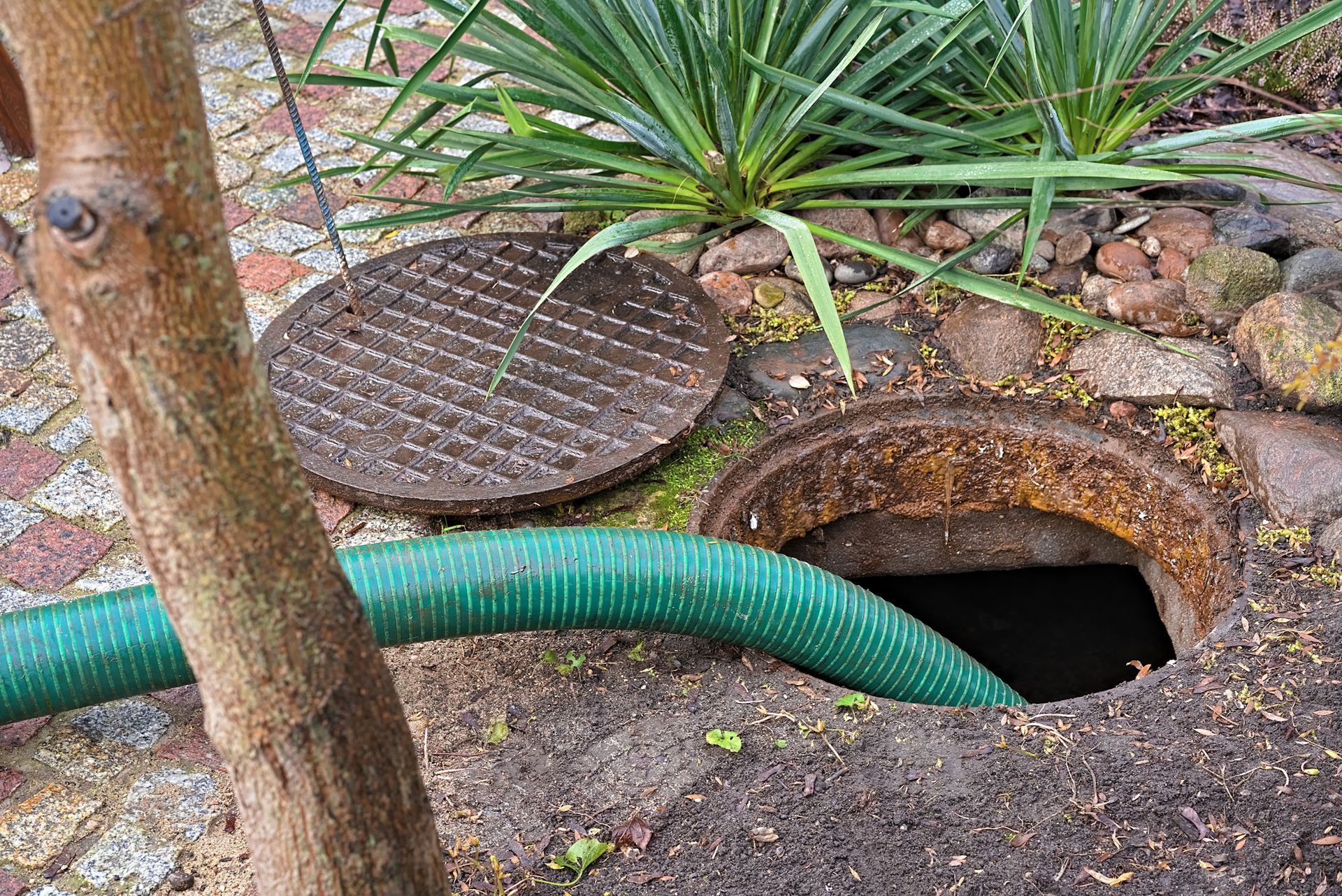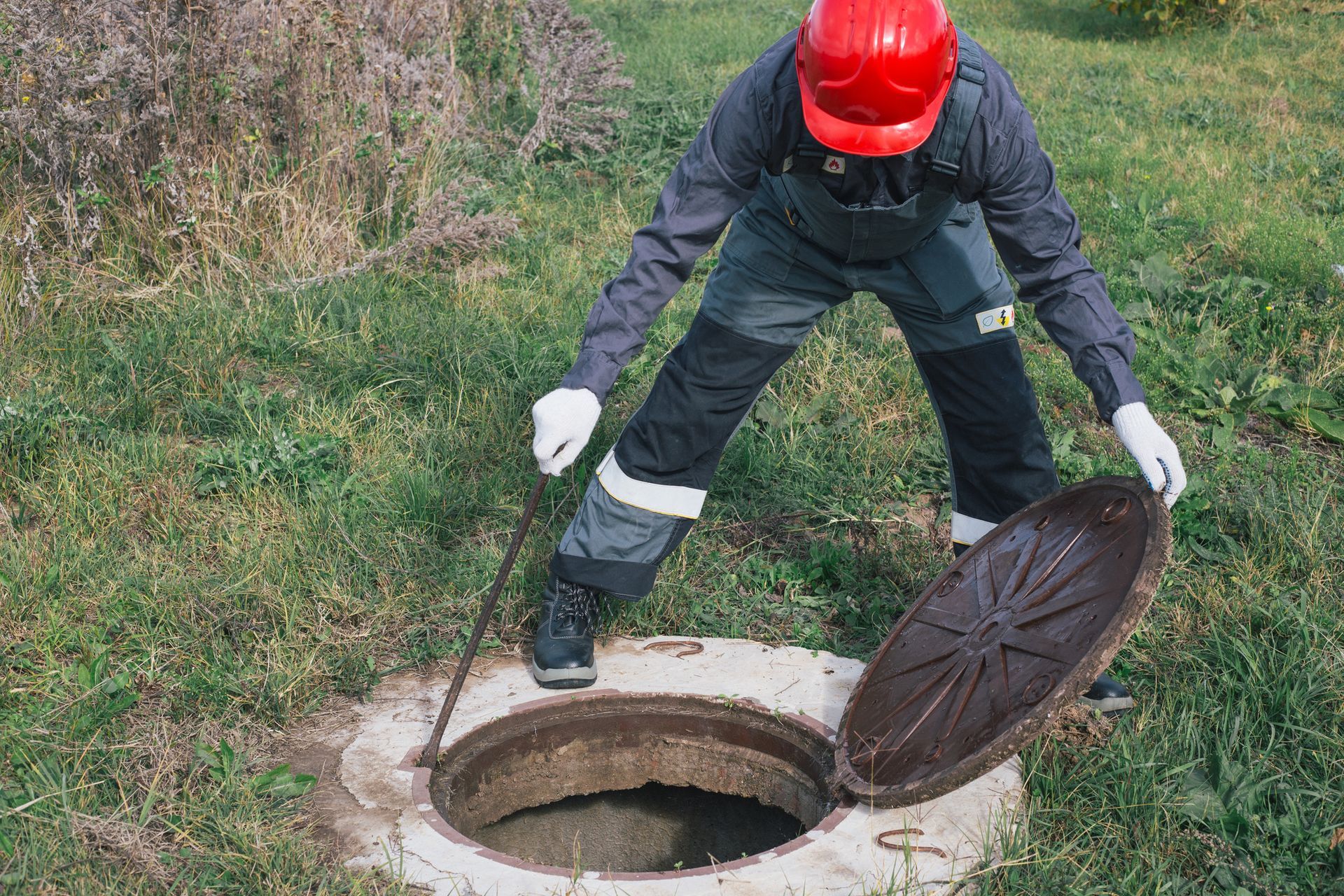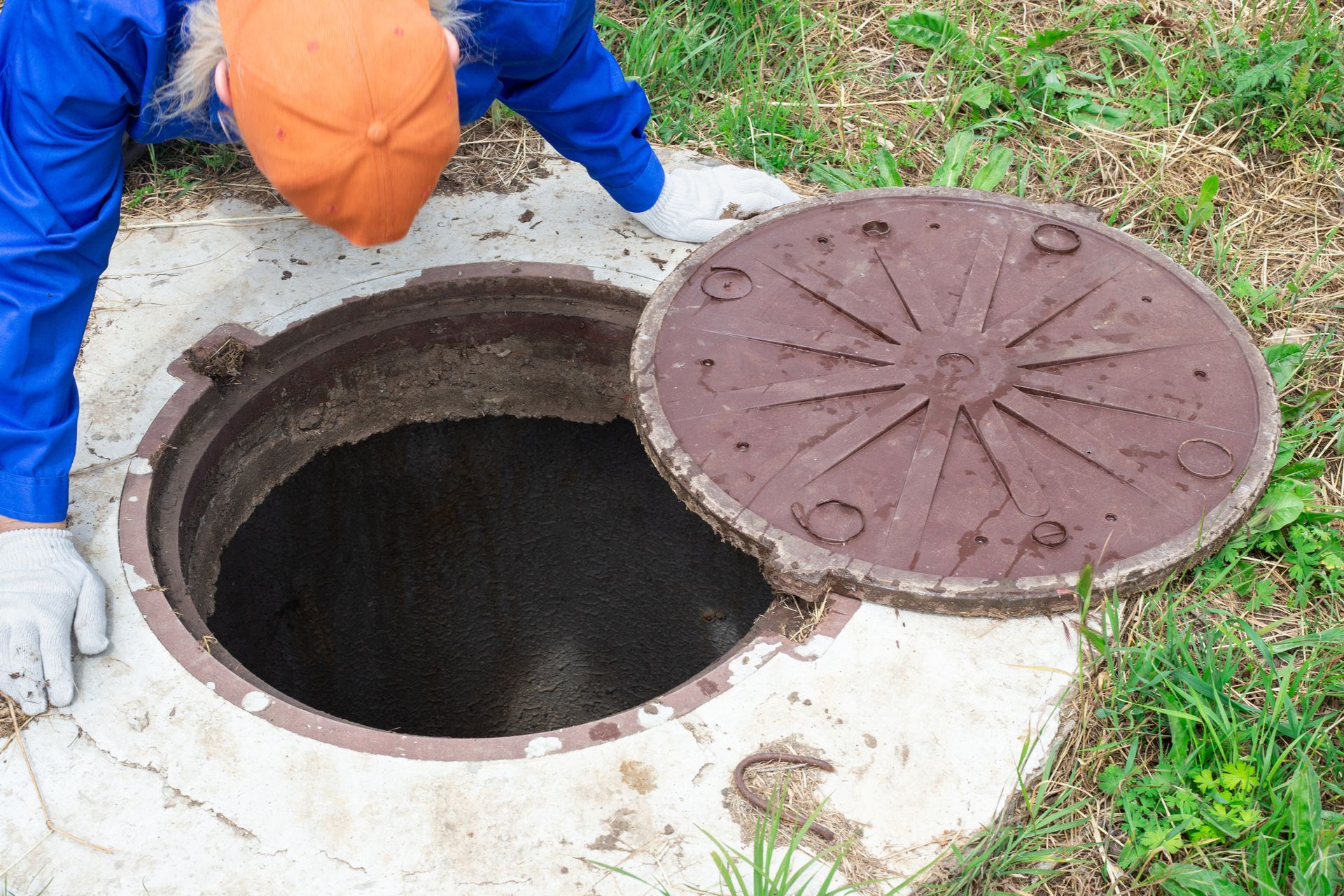Causes and Solutions for Your Septic Alarm
Septic systems with pumps usually have telltale signs that notify you when something is off. In addition, most septic alarms give a sound and red light alert. When you hear the sound, turn off the alarm, and check what the issue could be. Read on to discover four possible reasons your septic alarm could go off and what to do.
Your septic alarm alerts you to stay on top of septic problems before they escalate. Some potential issues that make your alarm go off include the following.
A power failure that affects your neighborhood can trigger your septic system alarm. Moisture infiltration and other appliances can trip the circuit breaker and make the alarm go off. Finally, your alarm could go off if a blackout causes a complete septic system failure.
One of the severe triggers of your septic system alarm is a faulty drain field. The drain field may fail to take more water due to damaged fittings or broken pipes. As a result, you risk a sewer backup if you continue to use too much water when your drain field cannot take in any more.
Your septic tank can have too much water due to inappropriate usage, improperly treated waste, or unwanted moisture. For instance, excess water usage from showers and laundry overloads your septic system. Rainwater can also cause the water under your tank to rise and flow inside the tank. An overflow triggers the alarm because your tank can only handle a preset water level.
Your septic consists of different components, such as drainage pumps and floats. Technical hitches in one or more parts interfere with your septic's usual operations. For instance, a build-up of particles in the float switch or pump malfunctions could trigger your septic alarm.
Do not panic when your septic alarm goes off. Instead, take the four steps discussed below.
Sometimes, power failure issues could stem from a tripped circuit breaker. Check that there is a power supply to your septic breaker. If so, confirm that no stagnant water is around the breaker, then let the septic system run several pump cycles. If the red alarm light does not go off, the probable reason your alarm went off is not related to energy.
Too much water consumption overwhelms your septic, so cut down the usage to reduce the strain on your system. If the red light that signals the alarm from the tank goes off, then your septic is fine. So you will need to contain the water flow to ensure your unit regains its normal operations.
Your septic alarm never goes off without reason. So, never make light of the alarm signals. Instead, consult a trusted expert if you cannot determine the root problem or if the hitch is beyond general knowledge. Septic professionals have the appropriate tools and skills to resolve technical hitches.
A home with a septic system needs you to stay vigilant and act on septic problems early. Therefore, consult the experts at Bowen's Septic Tank if you want septic unit inspection and services. The experts can also guide you on the appropriate practices to ensure proper care and long septic life.
Reasons Your Septic Alarm Goes Off
Your septic alarm alerts you to stay on top of septic problems before they escalate. Some potential issues that make your alarm go off include the following.
1. You Have a Blackout
A power failure that affects your neighborhood can trigger your septic system alarm. Moisture infiltration and other appliances can trip the circuit breaker and make the alarm go off. Finally, your alarm could go off if a blackout causes a complete septic system failure.
2. Your Drain Field Has Malfunctioned
One of the severe triggers of your septic system alarm is a faulty drain field. The drain field may fail to take more water due to damaged fittings or broken pipes. As a result, you risk a sewer backup if you continue to use too much water when your drain field cannot take in any more.
3. Your Septic Tank Has Excess Water
Your septic tank can have too much water due to inappropriate usage, improperly treated waste, or unwanted moisture. For instance, excess water usage from showers and laundry overloads your septic system. Rainwater can also cause the water under your tank to rise and flow inside the tank. An overflow triggers the alarm because your tank can only handle a preset water level.
4. Your Septic Parts Are Faulty
Your septic consists of different components, such as drainage pumps and floats. Technical hitches in one or more parts interfere with your septic's usual operations. For instance, a build-up of particles in the float switch or pump malfunctions could trigger your septic alarm.
Actions to Take When Your Septic Alarm Goes Off
Do not panic when your septic alarm goes off. Instead, take the four steps discussed below.
1. Inspect Your Septic's Circuit Breaker
Sometimes, power failure issues could stem from a tripped circuit breaker. Check that there is a power supply to your septic breaker. If so, confirm that no stagnant water is around the breaker, then let the septic system run several pump cycles. If the red alarm light does not go off, the probable reason your alarm went off is not related to energy.
2. Reduce Water Usage
Too much water consumption overwhelms your septic, so cut down the usage to reduce the strain on your system. If the red light that signals the alarm from the tank goes off, then your septic is fine. So you will need to contain the water flow to ensure your unit regains its normal operations.
3. Consult the Septic Experts
Your septic alarm never goes off without reason. So, never make light of the alarm signals. Instead, consult a trusted expert if you cannot determine the root problem or if the hitch is beyond general knowledge. Septic professionals have the appropriate tools and skills to resolve technical hitches.
A home with a septic system needs you to stay vigilant and act on septic problems early. Therefore, consult the experts at Bowen's Septic Tank if you want septic unit inspection and services. The experts can also guide you on the appropriate practices to ensure proper care and long septic life.


